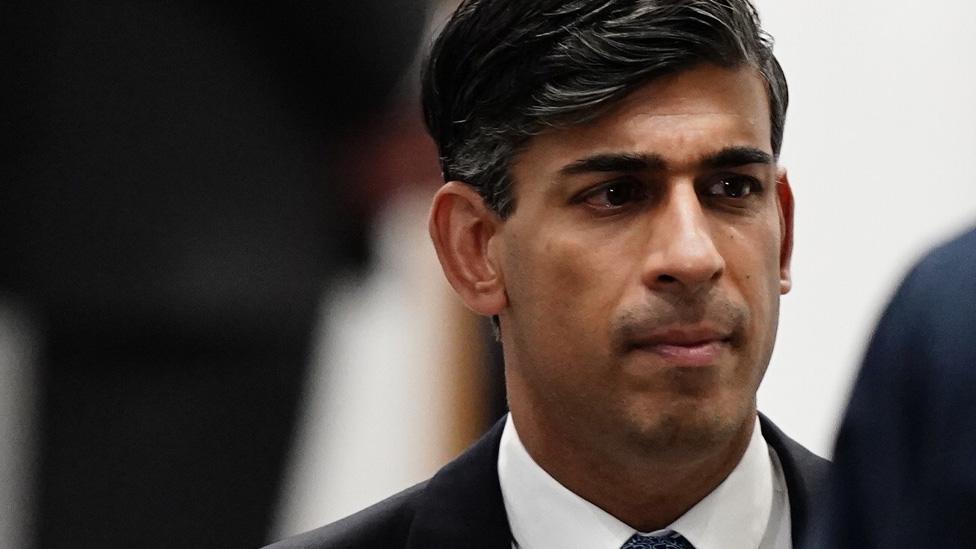Rwanda: The main Conservative Party factions jostling for influence
- Published
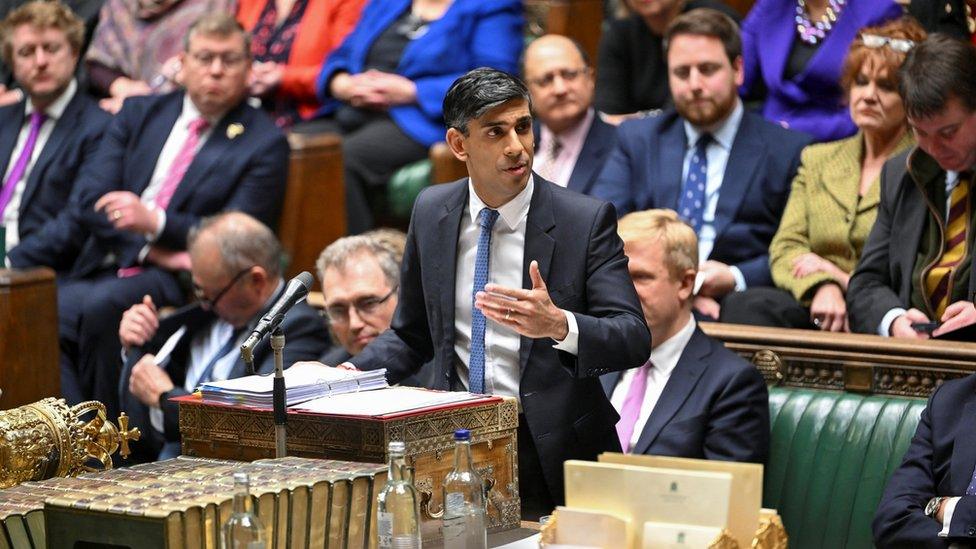
Rishi Sunak's bill aimed at sending some asylum seekers to Rwanda is being debated by MPs, ahead of a crunch vote later on Wednesday.
The prime minister has already suffered the biggest rebellion of his time in office as right wing Tory MPs voted for amendments to toughen the legislation, as they see it, although the government still saw them off.
The Conservatives who want to change the bill are mostly members of different factions within the party - loose groupings of like-minded MPs who get together to exert pressure on the leadership.
They have described their groups as the "five families" - a tongue-in-cheek reference to the five Italian-American mafia crime families that operate in New York.
But who are these and other Conservative factions? And why do they exert so much influence?
One Nation caucus
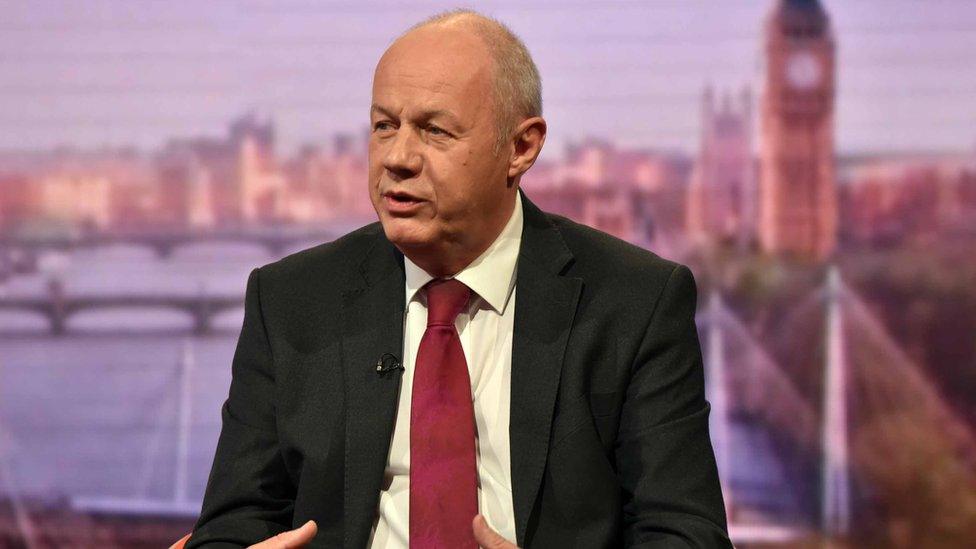
One Nation Conservatives chair Damian Green
Who are they?
The largest single group within the parliamentary party says more than 100 Conservative MPs are members, almost a third of the total.
The phrase, "one-nation Tory", goes back to 19th-century Prime Minister Benjamin Disraeli, but the caucus was formed only in 2019.
Who is in the group and what do they want?
Chaired by former First Secretary of State Damian Green, it says it is "committed to the values of the liberal centre right".
Many of its members represent traditionally Tory "blue wall" seats where the Liberal Democrats are the main challengers.
Some were known to be unhappy that Mr Sunak's new Rwanda bill sets aside some of the UK's obligations in international law, but they backed the bill while warning the PM not to toughen it further.
Former Solicitor General Lord Garnier, who advised the caucus, had described the bill as political and legal "nonsense", equivalent to ruling "all dogs are cats".
Other leading lights include Education Secretary Gillian Keegan, Security Minister Tom Tugendhat and Caroline Nokes, who chairs the women and equalities committee.
European Research Group
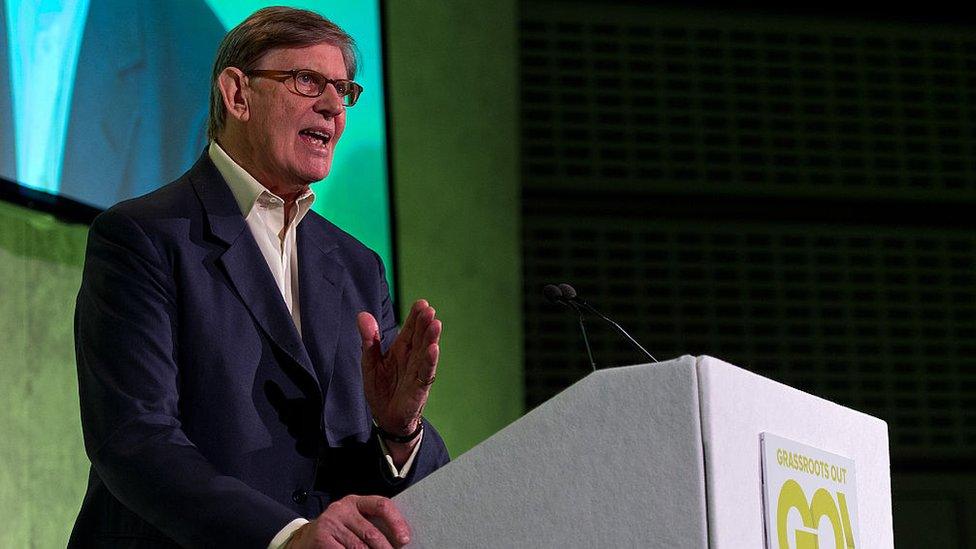
Veteran Eurosceptic Sir Bill Cash
Who are they?
Once the most powerful grouping of Tory MPs, the ERG played a key role in blocking Theresa May's Brexit deal and then bringing her down as prime minister, which paved the way for successor Boris Johnson to strike a harder Brexit.
It does not publish information about its membership, but this is currently thought to be in the 30s, significantly down on its Brexit heyday.
Who is in the group and what do they want?
However, the ERG has often punched above its weight, and numerous leading lights have gone on to bigger things - including Sir Jacob Rees-Mogg and Suella Braverman. New illegal migration minister Michael Tomlinson was deputy chair of the group from 2016-2018.
It has been pressing for a hardline approach on the illegal migration issue and its so-called "star chamber" - a group of lawyers chaired by veteran Eurosceptic Sir Bill Cash - concluded the Rwanda legislation did not go far enough.
The ERG - chaired by Mark Francois - said "very significant amendments" were needed.
It is likely to push strongly for these in the new year.
New Conservatives
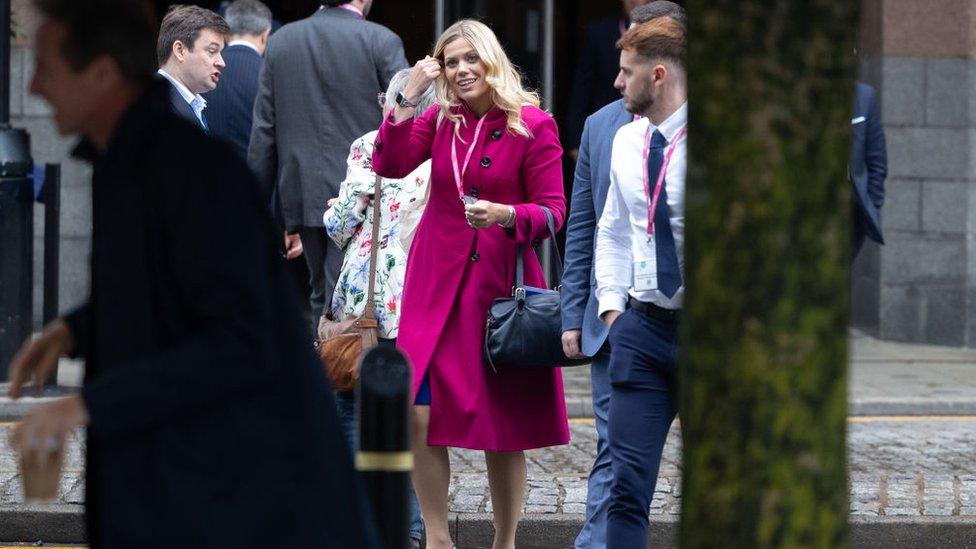
New Conservatives co-chair Miriam Cates
Who are they?
Formed only in May 2023, the New Conservatives have fast become one of the most vocal factions within the party.
Who is in the group and what do they want?
Around 30 MPs are members, including deputy Tory chairman Lee Anderson, and group co-chairs Miriam Cates and Danny Kruger.
Most were elected in 2019, many in marginal, traditionally Labour, "red wall" seats in the north of England and the Midlands.
The New Conservatives have called for radical measures to cut migration and pressed the government to deliver deportations to Rwanda by "unpicking" many of the UK's international obligations.
Ms Cates and Mr Kruger were among the 29 Tories who refused to back the Rwanda bill in the Commons.
On broader policy, the group says the party needs to return its 2019 manifesto by delivering levelling up and reducing taxes, rein back on green measures, and ban "gender ideology" in schools.
Common Sense Group
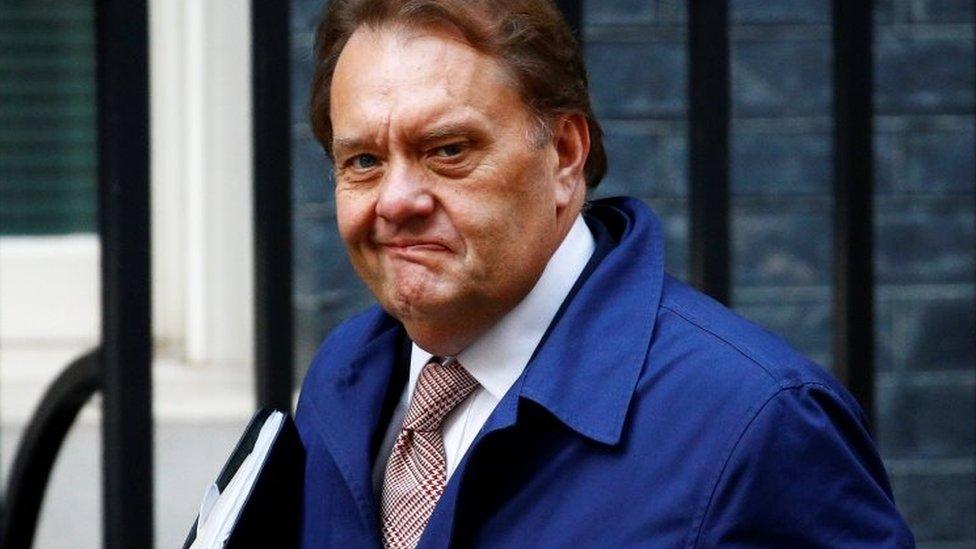
Sir John Hayes is a close ally of Suella Braverman
Who are they?
Launched in 2020 and with around 30 members, the CSG is led by former Home Office minister Sir John Hayes, a close ally of Suella Braverman.
Who is in the group and what do they want?
Like Mrs Braverman, Sir John has been fiercely critical of Mr Sunak's Rwanda approach and, alongside the New Conservatives, the group has been pressing for tougher action on both illegal and legal migration.
It has also pushed hard on culture issues, such as Mr Sunak's plans to phase out smoking, other manifestations of what it regards as "the nanny state", and what it described as the National Trust's "woke agenda" on colonialism.
Other leading figures include Lee Anderson, Brendan Clarke-Smith and Jonathan Gullis.
Sir John and Mrs Braverman both abstained on the government's bill.
Northern Research Group
Who are they?
Thought to number more than 50 MPs, the group was formed in 2019 to press for greater investment in "red wall" areas in the north of England, Wales and the Scottish borders.
Who is in the group and what do they want?
Senior figures include former party chairman and Northern Powerhouse minister Sir Jake Berry, former Brexit Secretary David Davis, and Esther McVey, who returned to the cabinet last month.
The NRG regards immigration as an important issue for many of its MPs' voters.
Sir Jake was one of those who withheld his support for the Rwanda bill.
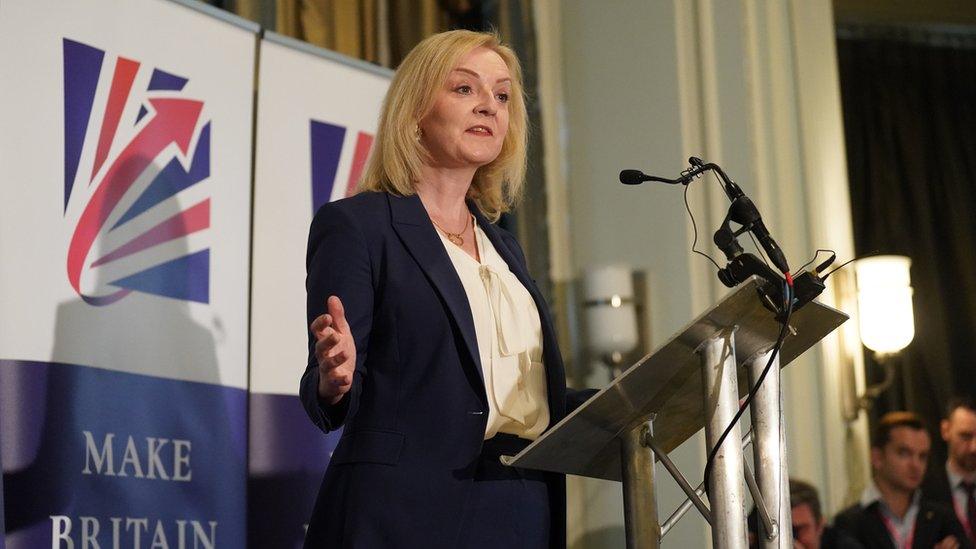
Former prime minister Liz Truss addressed a packed fringed event at the Conservative Party conference in October
Conservative Growth Group
Who are they?
Around 50 MPs are thought to be members of a group set up in the aftermath of Liz Truss's disastrous, short tenure at No 10.
Who is in the group and what do they want?
Its focus is chiefly economic: it advocates the libertarian policies it believes Ms Truss was prevented from introducing by the unravelling of her mini-budget in September-October 2022.
It says the policies needed to break out of a long period of low growth include slashing business taxes and stamp duty, toughening benefit requirements, relaxing planning, and reintroducing fracking.
Prominent figures include former Home Secretary Dame Priti Patel and former Levelling-Up Secretary Sir Simon Clarke.
She backed the bill in the Commons; he abstained.
Other groups
These include No Turning Back - formed as far back as 1985 - to promote Margaret Thatcher's policies.
Since 2005, it has been chaired by Sir John Redwood, who has campaigned for the UK to withdraw from the European Convention on Human Rights to ensure the Rwanda plan can go ahead without further legal delays. He abstained on the bill.
The Conservative Democratic Organisation, launched a year ago, was widely thought to be a front for an effort to restore Boris Johnson to Downing Street. It has denied this.
It calls for greater party democracy and condemned Mr Sunak's "coronation" as prime minister without a Tory members' vote. It has also described his sacking of Ms Braverman as "political suicide".
Dame Priti Patel, Nadine Dorries, who is no longer an MP, and Sir Jacob Rees-Mogg are prominent. supporters. Sir Jacob voted for the bill.
- Published13 December 2023
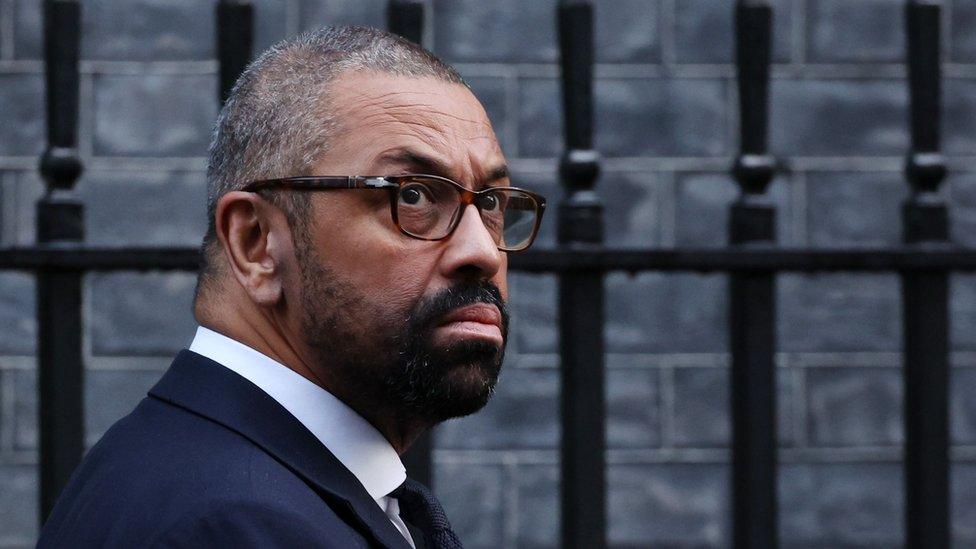
- Published13 December 2023
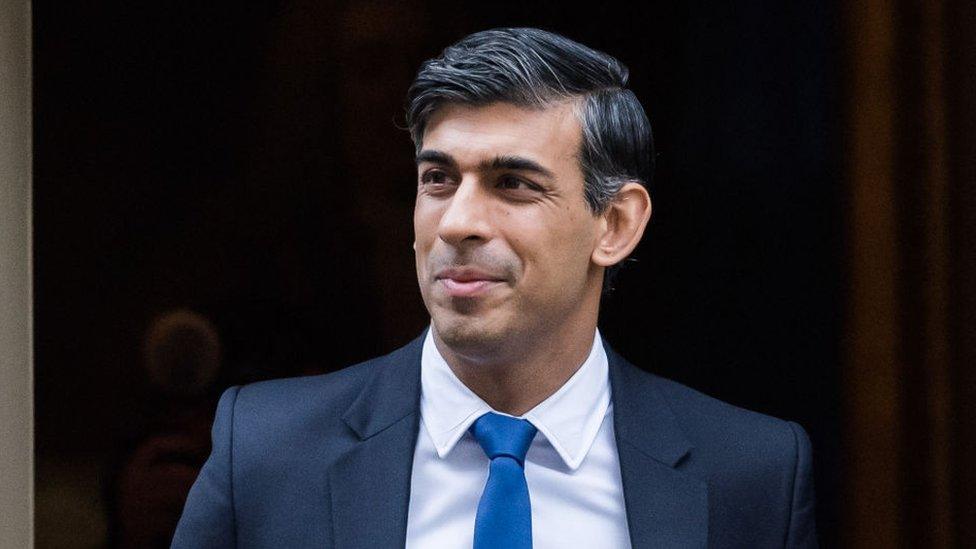
- Published13 December 2023
